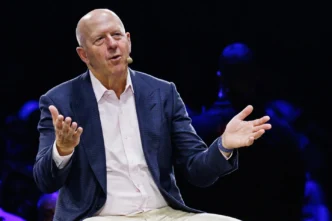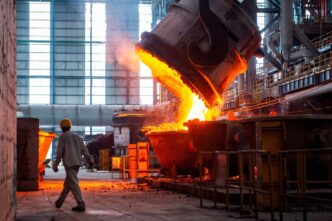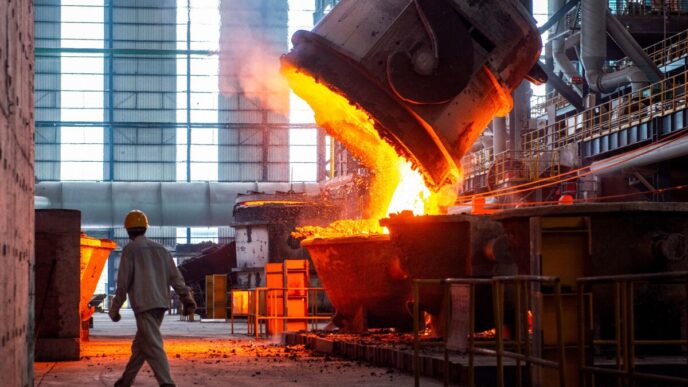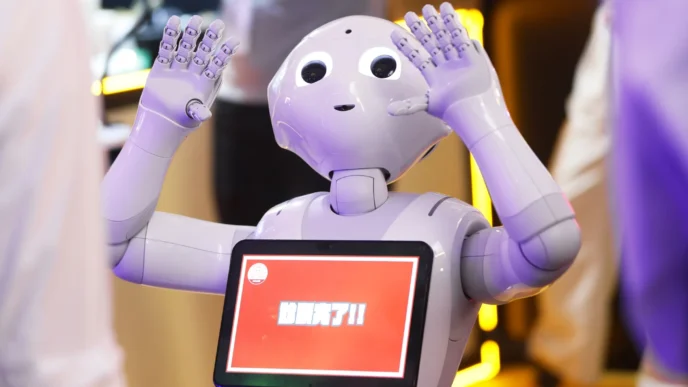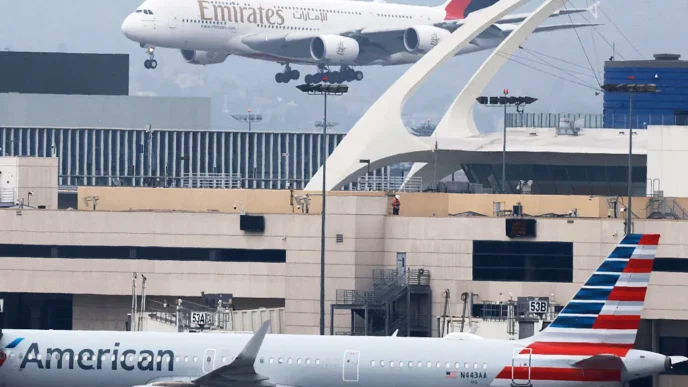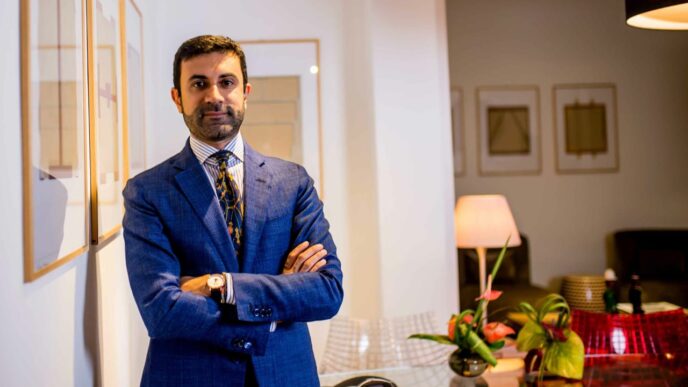At this year’s Goldman Sachs “At the Helm” summit, the mood among the ultra-wealthy was anything but cautious. While the event included its usual blend of leadership challenges, elite networking, and even a Navy SEAL-inspired endurance course, one topic dominated every conversation: artificial intelligence.
Far from warning of speculative excess, Goldman Sachs executives took a confident stance — AI is not a bubble, they said, but rather the foundation of the next era of global economic transformation. And their audience, a curated group of 100 young multimillionaire and billionaire clients, couldn’t have agreed more.
The New Faces of Wealth — and Their Obsessions
The summit, designed as part of Goldman’s wealth management outreach to a new generation of global entrepreneurs and investors, revealed a clear trend: the next wave of private capital is flowing into AI-driven ventures, renewable energy technologies, and cutting-edge healthcare innovations.
Unlike traditional investors of the past, these rising wealthy clients — founders in tech, crypto, and clean energy, many still in their 30s — are not content with passive portfolios. They are deeply involved in building and financing the industries they believe will shape the world in the coming decades.
“They’re not speculating,” said Marc Nachmann, Goldman Sachs Global Head of Asset & Wealth Management. “They’re building. Our clients see AI not as a bubble but as an infrastructure shift — as significant as electricity or the internet.”
AI Everywhere — and Investors Want In
Goldman Sachs analysts estimate that AI-related investments could add nearly $7 trillion to global GDP over the next decade, with ripple effects across virtually every sector — from logistics and cybersecurity to medical diagnostics and energy grid optimization.
The sentiment at the summit echoed that optimism. Investors discussed everything from AI-powered drug discovery and biotech automation to energy-efficient data centers and AI-optimized renewable grids. For many attendees, the intersection between AI and sustainability represented not just profit potential but a moral investment thesis — a way to make money while advancing global progress.
“AI is not just about software anymore,” said Lena Rodriguez, a 34-year-old biotech founder from California who attended the event. “It’s about human health, climate solutions, and the next generation of intelligence systems that can literally save lives.”
The ‘AI-Energy’ Connection
One of the most intriguing trends discussed was the rise of AI-energy convergence — the use of artificial intelligence to accelerate breakthroughs in battery efficiency, renewable power forecasting, and carbon capture technology.
Goldman Sachs reports that institutional and private investors alike are pouring billions into AI-enabled clean energy startups, with many viewing them as long-term infrastructure plays rather than short-term bets.
According to Goldman’s latest research, global investment in the AI-energy nexus could exceed $1.5 trillion by 2035, positioning it as one of the most transformative industrial evolutions since the digital revolution.
Healthcare 2.0: The Next Investment Frontier
Alongside AI-energy, AI-driven healthcare innovation was another focal point. Discussions centered on precision medicine, AI diagnostics, and neural interface technologies that blur the line between biology and computation.
Goldman’s private wealth clients have increasingly turned toward health-tech ventures that leverage AI to shorten clinical trials, analyze genetic data, and personalize patient treatment. The trend reflects a broader theme among the next generation of investors: impact with intelligence — the pursuit of both returns and relevance.
Beyond the Summit: No Signs of a Bubble
While tech valuations have soared and market skeptics warn of overheating, Goldman Sachs maintains that the AI market’s fundamentals remain strong. The firm points to corporate adoption, exponential data growth, and real-world productivity gains as evidence that AI’s trajectory is grounded in utility, not hype.
In a report released earlier this year, Goldman analysts wrote:
“AI investment today mirrors the early stages of past industrial revolutions. Valuations are expanding, but they are underpinned by measurable innovation and growing demand. This is not a bubble — it’s an acceleration.”
A Culture of Confidence
For many attendees, the summit wasn’t just about capital — it was about community. Between keynote speeches and private breakout sessions, guests participated in leadership workshops and resilience training inspired by Navy SEALs, emphasizing adaptability and endurance — traits equally essential in business and investment.
Actress and entrepreneur Mindy Kaling headlined one of the lighter sessions on “Legacy and Leadership,” offering insights on building personal brands and balancing creative ambition with financial acumen.
But make no mistake: AI ruled the room. Conversations over dinner, strategy roundtables, and even casual hallway chats all circled back to machine learning, quantum infrastructure, and data-driven innovation.
The Verdict
Goldman Sachs has made its position clear — the AI revolution is not a passing trend, but a multi-decade transformation reshaping global markets, industries, and wealth itself.
And its youngest, wealthiest clients are already acting on that conviction — betting big on the future of AI, clean energy, and healthcare innovation.
As one attendee put it during the closing session:
“If there’s a bubble, it’s in fear — not in the technology.”

